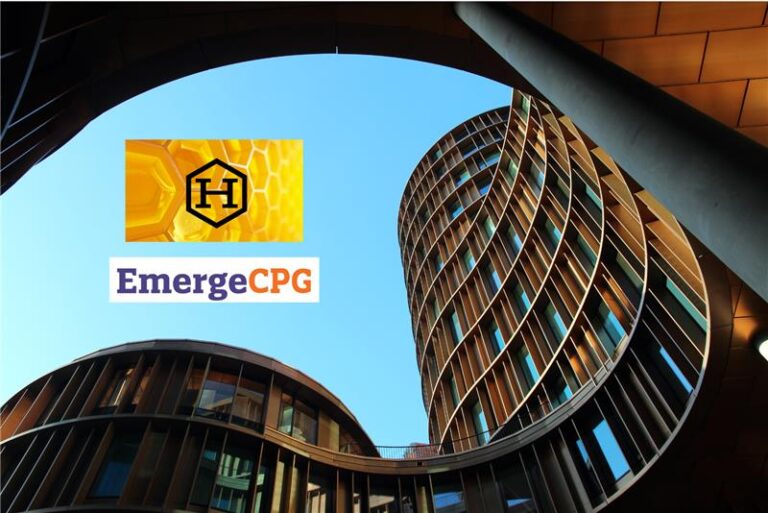MALVERN, PA — As marketers tap into social strategies for brand building, programs like affiliate marketing are becoming more popular. As with any strategy, there are benefits and drawbacks.
During an Emerge CPG Lunch and Learn webinar held Oct. 19, Kim Biddle, affiliate and influencer marketing expert and co-founder of Clutch Affiliate, presented the benefits and key considerations for building an affiliate marketing program.
The first consideration revolves around systems. As the foundation of the program, the system is not only the first step but also the first pitfall to avoid.
“You need to choose the right systems and set up the right workflows,” Biddle said. “Systems can look like the platform you manage affiliates with, how you’re developing outreach and keeping track of it. And if you don’t pick the right systems — or you don’t have a system set up at all — it’s going to be tough as you move through the journey.”
For Biddle, who is an Emerge CPG mentor and works primarily with clients who are emerging brands, she insists that her clients engaging in affiliate marketing will dedicate time to put proper systems in place.










